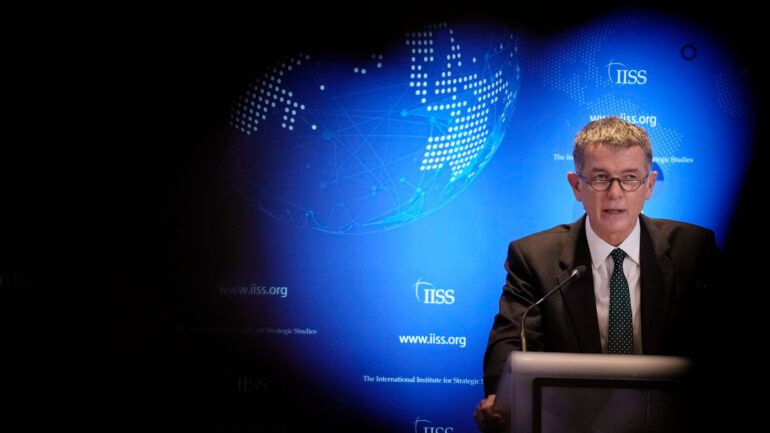TL;DR:
- MI6 chief, Richard Moore, reveals that UK’s Secret Intelligence Service is leveraging AI to outsmart adversaries and prevent technology abuse.
- AI and bulk data are being combined to enhance intelligence work, specifically targeting weapon flows to Russia for use against Ukraine.
- The agency is racing to master AI due to adversaries’ reckless and dangerous AI development, particularly China’s data control practices.
- Governments are reevaluating ties to Chinese technology due to concerns about espionage, sabotage, and economic coercion.
- MI6 aims to lead in the ethical and safe use of AI, but acknowledges that human agents and verified reporting will remain crucial.
Main AI News:
In an interview with POLITICO, Richard Moore, the chief of the United Kingdom’s Secret Intelligence Service (MI6), revealed that his agency is leveraging artificial intelligence (AI) to gain an edge over adversaries and prevent the misuse of this technology. By combining the skills of its officers with AI and bulk data, MI6 aims to enhance its intelligence work, including the identification and disruption of weapon flows to Russia, intended for use against Ukraine.
The relentless pursuit of new technologies, such as AI, has become essential for MI6 due to the increasing adoption of these tools by adversaries. Moore emphasized the urgency, stating that certain adversaries are likely to develop AI in reckless and dangerous ways, posing a significant concern. China, in particular, has amassed vast datasets both domestically and internationally, displaying little regard for personal privacy or data security. Moore cautioned against China’s approach, highlighting the country’s focus on information control and suppression of inconvenient truths.
Moore further underscored the importance of data control for national sovereignty, firmly pushing back against China’s economic diplomacy, which involves providing critical services through Chinese technology companies in foreign countries. Governments across the West, including the United States, the United Kingdom, and several European nations, have responded by scrutinizing their ties to Chinese technology. Measures such as banning the use of Chinese-owned social media app TikTok on government officials’ phones and imposing restrictions on Chinese tech giant Huawei’s 5G telecoms equipment have been implemented to mitigate the risks associated with Chinese influence.
Safeguarding citizen data and protecting national projects are paramount responsibilities of governments, according to Moore. Entrusting data to other nations increases the likelihood of falling into a data trap, diluting sovereignty and leaving countries vulnerable. Moore vowed that MI6, along with its allies, is determined to lead the race in mastering the ethical and secure use of AI, aiming to protect national interests effectively.
While AI presents significant opportunities, Moore acknowledged its limitations, asserting that it will complement rather than replace the work of intelligence agencies. Digital tools may become proficient at predicting human behavior, but the unique bond between individuals and the ability to genuinely confide in one another will remain invaluable. The combination of accurate, verified reporting from human agents and technical operations will continue to hold a premium in uncovering the truth. Human agents’ distinct characteristics and strategic positioning will retain their significance in the evolving landscape of intelligence gathering.
Conclusion:
MI6’s embrace of AI to counter adversaries and prevent technology misuse signifies the increasing importance of advanced technologies in intelligence operations. This development highlights the urgency for governments to protect national sovereignty by safeguarding citizen data and infrastructure projects. The scrutiny of Chinese technology and the race to master AI has significant implications for the market, driving the need for ethical and secure technological solutions that enhance intelligence capabilities while preserving the crucial role of human agents and their unique capabilities.

